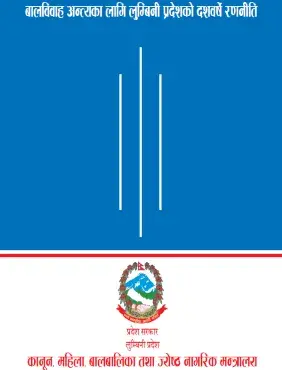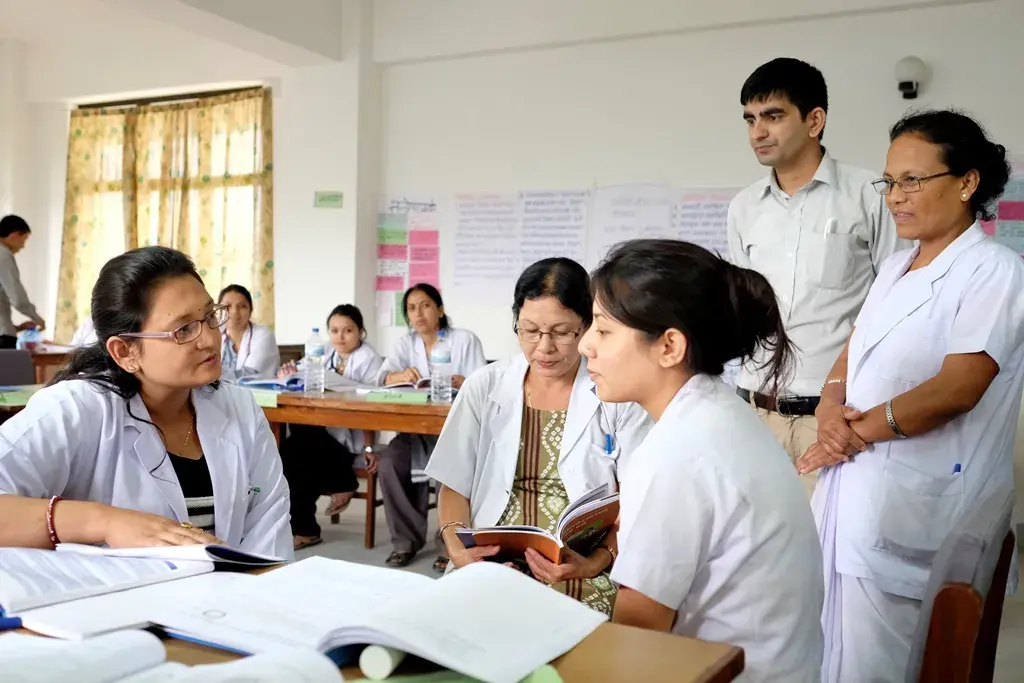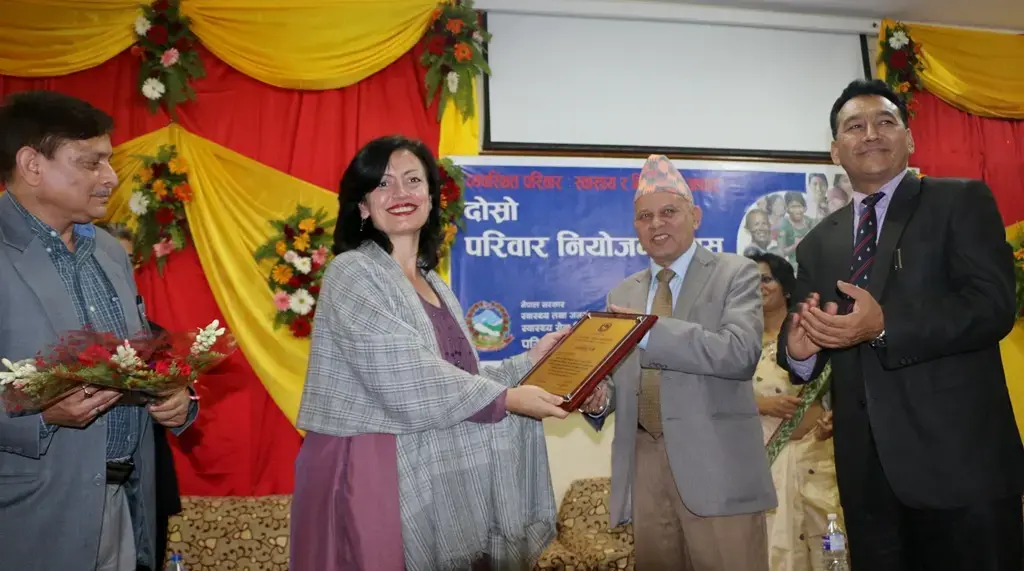On 12 November 2021, the Provincial Government of Lumbini Province launched a strategy to end child marriage. The Ministry of Law, Women, Children, and Senior Citizens of Lumbini has called for cooperation from concerned organisations and public to end child marriage in the province through the successfull implementation of the 10-year strategy.
Developed with support from UNFPA, the strategy aims at working with local governments and partners in Lumbini to educate, aware and empower children and their parents on the importance of ending child marriage through imparting skill-based training and conducting community-level awareness campaigns. It also aims at generating research and analysis to identify the existing problems in order to enable the concerned authorities and agencies to chart out an action plan against child marriage.
Nepal has one of the highest rates of child marriage in Asia – for both girls and boys. Although the legal age of unions for both sexes is 20, more than a third of young women aged 20-24 report that they were married by the age of 18, and just over one in ten by 15. Nepali boys are among the most likely in the world to be child grooms. More than one in ten is married before they reach 18.Child marriage is a human rights violation, restricting children’s choices, changing their course in life, and putting them at significant risk of abuse and violence.
In 2016, UNFPA and UNICEF launched a global programme to tackle child marriage in 12 of the most high-prevalence or high-burden countries, including Nepal. Under the programme, UNFPA and partners are working together, among others, with adolescent girls and boys in their communities to empower and protect them.





